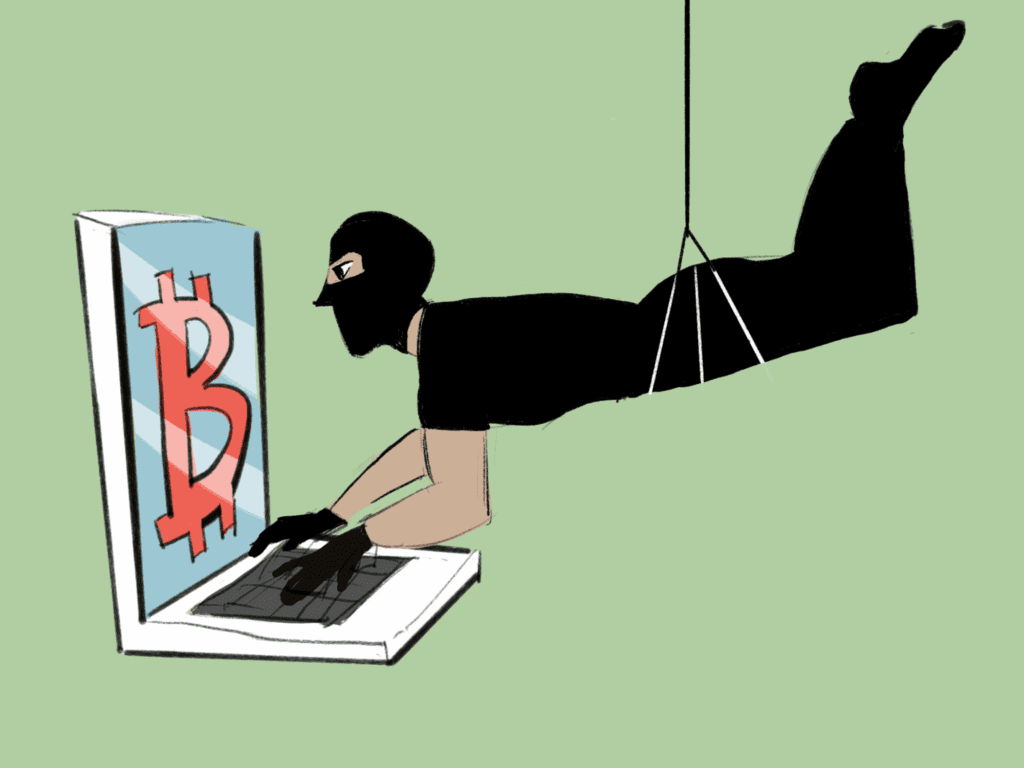The pirates made the largest cryptocurrency break on February 21, stealing $ 1.5 billion from Ethereum to Bybit Fintech Ltd., the second largest exchange of crypto in the world. The attack was then linked to the Lazare group supported by North Korea. The violation has sent panic to the cryptography industry, raising serious questions about security defects and if exchanges are enough to protect investors’ funds.
The CEO of Bybit, Ben Zhou, unconsciously approved a transaction which gave the hackers full access to one of the accounts of the exchange. The attackers took advantage of a security defect in the Bybit system, in particular its use of SAFE, free storage software that has not been built to protect billions of assets. Cybersecurity experts Criticized the relay, arguing that the violation “should never have occurred” and emphasizing the company’s failure to implement stronger security measures.
The hack triggered panic on the cryptography market. The Bitcoin price has plunged 20%, marking its strongest drop since the collapse of FTX in 2022. In a few hours, investors rushed to withdraw $ 10 billion from the statement, fearing new losses. To prevent the company from collapsing, Bybit borrowed $ 280 million from other cryptographic companies, including Bitget and Antalpha, which has helped stabilize the exchange.
The defect in Bybit to act on security problems has aggravated the situation. Three months before the violation, company officials noticed compatibility problems between security systems and their security systems but neglected it. Recognizing that the company’s inaction contributed to the disaster, Zhou later admitted“We should have improved and move away from the safe.”
The Lazare group, responsible for more than $ 6 billion in stolen crypto since 2016, quickly laundered funds thanks to a wallet network. The FBI reported that the pirates had converted most of the Ethereum stolen into Bitcoin to cover their traces. This attack highlights the ongoing security defects in the cryptography industry, leaving exchanges vulnerable to cybercriminals.
Bybit managed to survive, process all withdrawals within 12 hours and use his reserve funds to replace the lost assets in just three days.
However, the damage was caused and bybit’s market share increased from 12% to 8%, investors quickly withdrawing their funds. Some customers have never returned, proving that even if an exchange recovers its money, the withdrawal of confidence is much more difficult.
The Trump administration, which has adopted a friendly crypto approach, is preparing to organize a cryptographic summit with industry leaders. Managers are pressure for fewer regulations, but this attack is a clear sign that safety improvement should be the main priority.
Crypto exchanges work as banks but without the same level of surveillance. Traditional financial institutions must follow strict security measures, while many cryptographic companies prioritize convenience on protection.
Bybit’s hacking proves that without better security, the industry remains vulnerable to the balance sheets of $ 1 billion that shake the confidence of investors and destabilize the market. If crypto is the future of finance, exchanges should begin to protect it.


